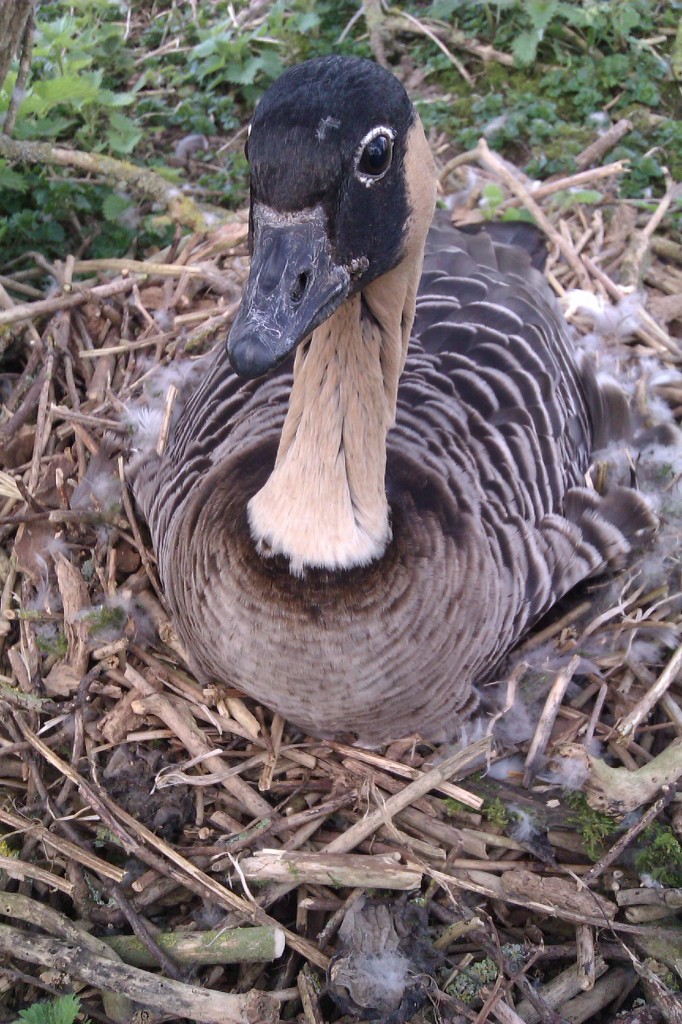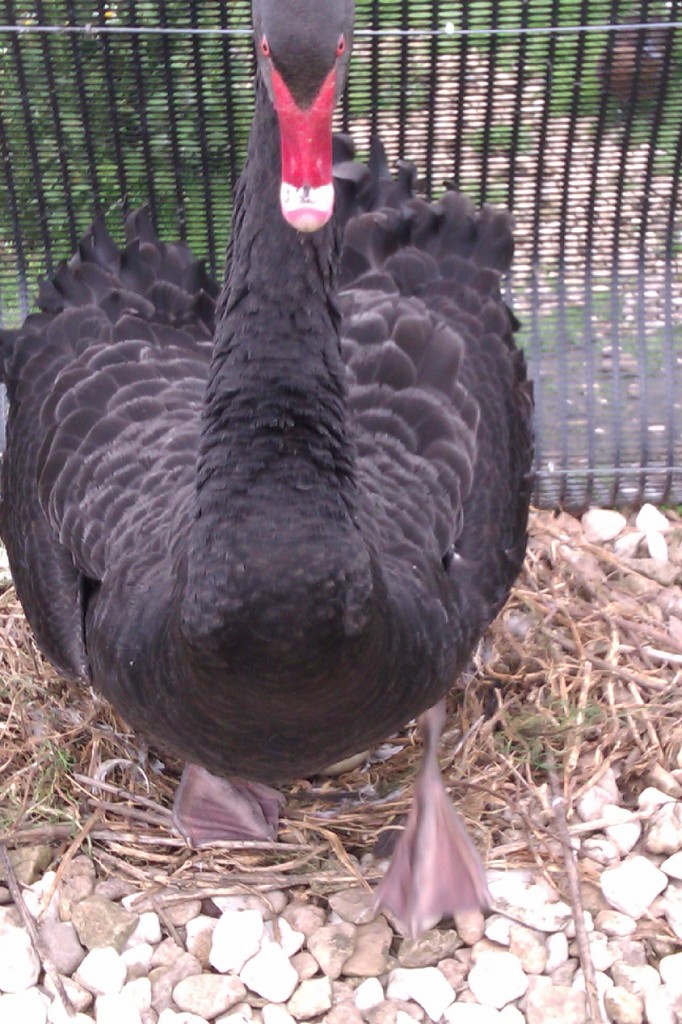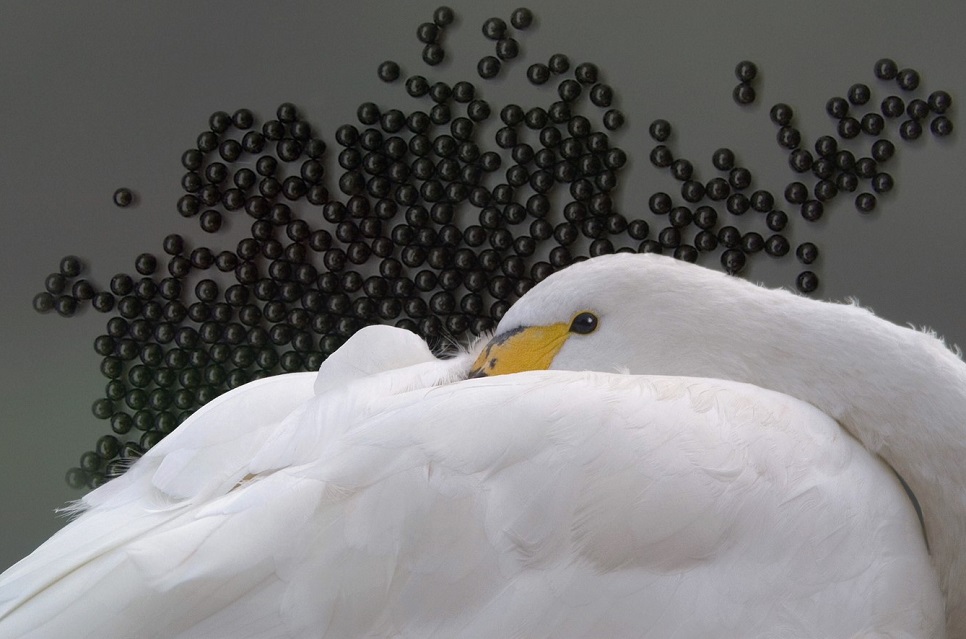Snow + ice = eggs?
It's that time of year again that confuses us all, the breeding season! For some...
Despite our potentially freezing UK conditions, several of our captive species that have never managed to kick their southern hemisphere body clock, get down to breeding. As a result these brilliant birds need extra special Avicultural care to keep their eggs viable and healthy throughout the incubation period. Ranging from Aussies such as Freckled duck, Cape Barren geese and Black swan, to other Southern hemisphere gems such as the Hawaiian goose or Patagonian crested duck; these guys are in the mood for love.
The Black swans will try to breed the whole year round, as their most relevant breeding stimuli is foodstuff availability. The pair in the Australian pen have attempted to breed 3 times in 2012/13 so far. With success mid summer hatching off a healthy pair of babes, the family has proven very entertaining throughout the autumn months as they run around after those pesky Greylag geese. There is nothing funnier than a dirty great male black swan running across the paddock after nimble geese! No swan was built to attack on foot, but maybe he'll build up some stamina! To my surprise the female laid her first egg of 2013 just as it began to snow, with her previous clutch still in attendance. We will be very interested to observe whether her male can stand to allow his previous offspring to remain. We stand poised and ready to remove the babes if necessary.
The Nene are another species to obey their Hawaiian body clock, even after dozens of captive generations. My gorgeous girls and boys are flirting in November, pairing up in December, establishing territories in January, laying eggs in February, hatching goslings in March, and looking adorable all spring :) With nothing on the ground except brambles and twigs, these gorgeous geese squeeze themselves into gaps in the undergrowth (with varying levels of good sense) and get down to business. Let's see what the season brings...



